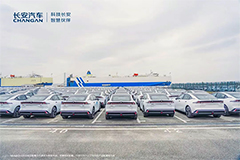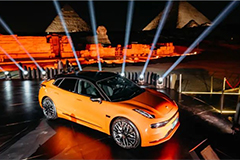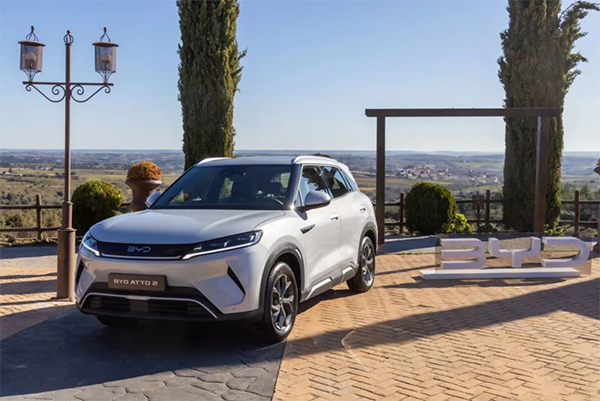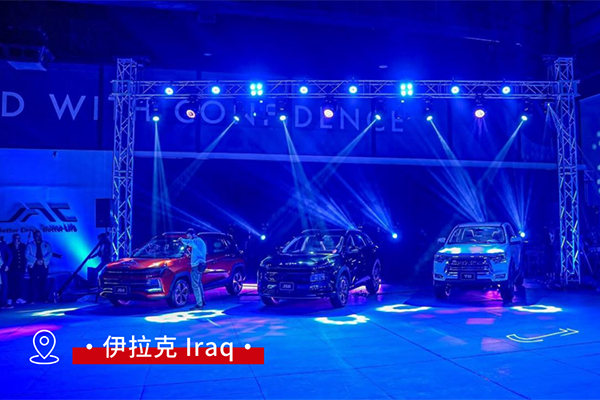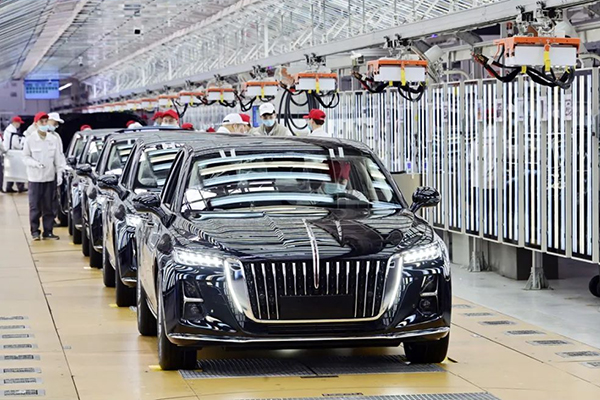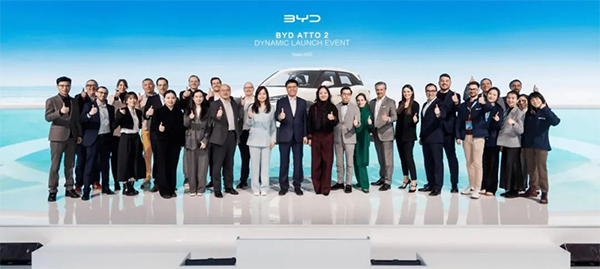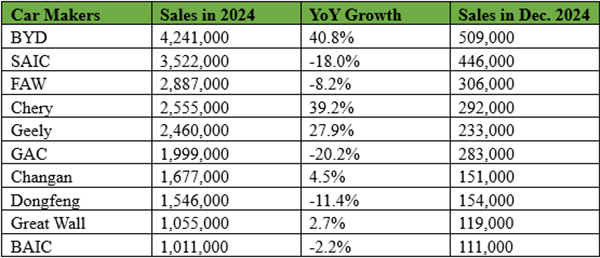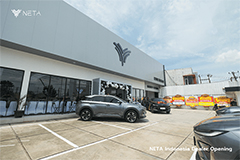On December 18, reports revealed that Japanese automakers Honda and Nissan are in talks to merge, with plans to create a holding company. Mitsubishi Motors, which is controlled by Nissan, could also be included in this new structure. The goal is to strengthen their competitive edge in the global electric vehicle (EV) and smart technology markets, in order to better compete with Tesla and Chinese EV manufacturers. If the merger goes ahead, the combined company could reach annual sales of 8 million vehicles, becoming the third-largest carmaker in the world, behind Toyota and Volkswagen. This would create two main automotive alliances in Japan: the "Honda-Nissan-Mitsubishi" group and the Toyota group.
However, Nissan China responded to media, stating that the news is not official, and while discussions are ongoing, no decisions have been made yet.
Following the announcement, stock prices for Honda, Nissan, and Mitsubishi surged. On December 18, Honda's stock rose by 0.96% to $25.26, Nissan's surged by 11.46% to $5.10, and Mitsubishi's stock skyrocketed by 19.65%, hitting its daily limit.
Despite facing challenges in the areas of battery technology, electric vehicles, and smart technology, Japanese automakers still possess strong production capabilities, supply chains, and a wealth of internal combustion engine technologies, giving them a solid foundation in the market.
Partnership Shows Signs of Collaboration, Targeting Chinese and Tesla Competition
The potential merger between the three companies has been in the works for some time. In March 2024, Honda and Nissan signed a memorandum of understanding (MOU) to collaborate in the fields of smart and electric vehicles. In August, Mitsubishi joined, and the three companies agreed to cooperate in software development, battery technology, and other EV-related areas to reduce development costs and improve market competitiveness. Their aim is to catch up with Chinese automakers and Tesla, who are leading the EV sector.
Japanese automakers have a strong legacy in traditional automotive technologies but have been slower to invest in electric vehicles and smart technology. In China, BYD and other local EV manufacturers have gained market share by offering more advanced technology at competitive prices. In 2023, the market share of Japanese car brands in China fell from 24.1% in 2020 to 17%. From January to November 2024, Honda's sales in China dropped by 30.7%, while Nissan's sales fell by 10.53%.
Not only in China but also globally, Japanese car sales have been declining. Honda's general manager, Toshihiro Iwatani, stated that cooperation with other carmakers will help speed up the company's electrification process, reduce costs, and enhance competitiveness in the market.
Merger Becoming a Trend, Foxconn's Involvement Raises Concerns
Faced with declining sales, Japanese automakers have started implementing cost-cutting strategies. In July 2024, Honda announced it would close two of its seven car production lines in China, reducing its total production capacity from 1.49 million to 1.2 million vehicles. Nissan has also announced a 20% reduction in global production capacity, along with a layoff of 9,000 employees and a downward revision of its profit forecast for the year. Despite this, both companies maintain strong financial liquidity, providing a solid foundation for future collaboration.
One key point of concern in the merger talks is the involvement of Taiwan's Foxconn, a major electronics manufacturer. Foxconn is reportedly seeking to acquire shares in Nissan, particularly from Renault's trust bank, to gain control of Nissan's operations and boost its global presence in the EV sector. Honda has strongly opposed Foxconn's involvement, warning that if the merger with Foxconn goes ahead, it would end its partnership with Nissan. In extreme cases, Honda may even act as a "white knight" to block Foxconn's takeover by making a friendly acquisition of Nissan.
In conclusion, if the merger between Honda and Nissan proceeds smoothly, it could provide both companies with significant advantages in resource sharing, technological collaboration, and global market positioning. However, the outcome of the deal will depend on the complex negotiations and external factors that could affect the final decision.



